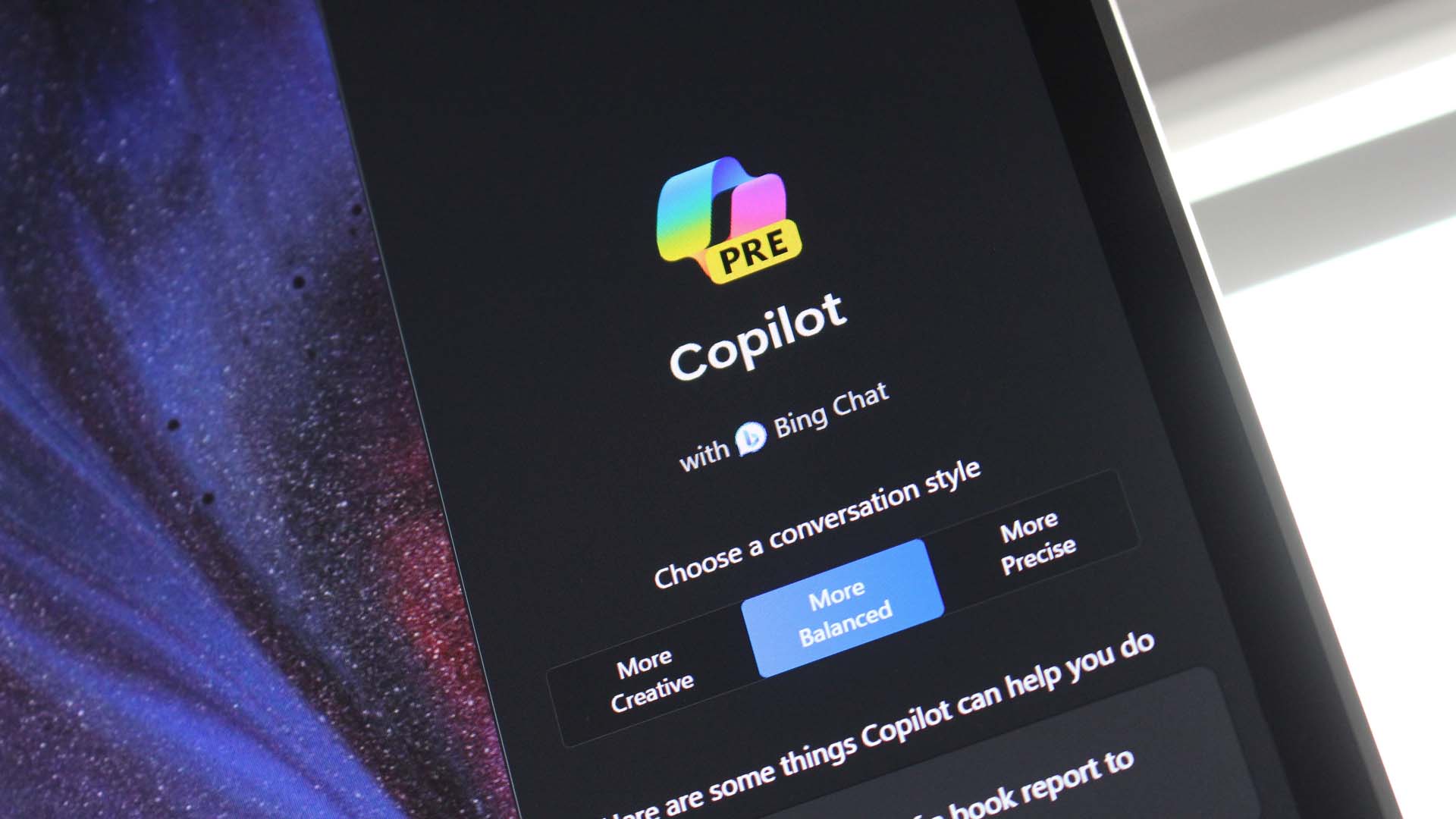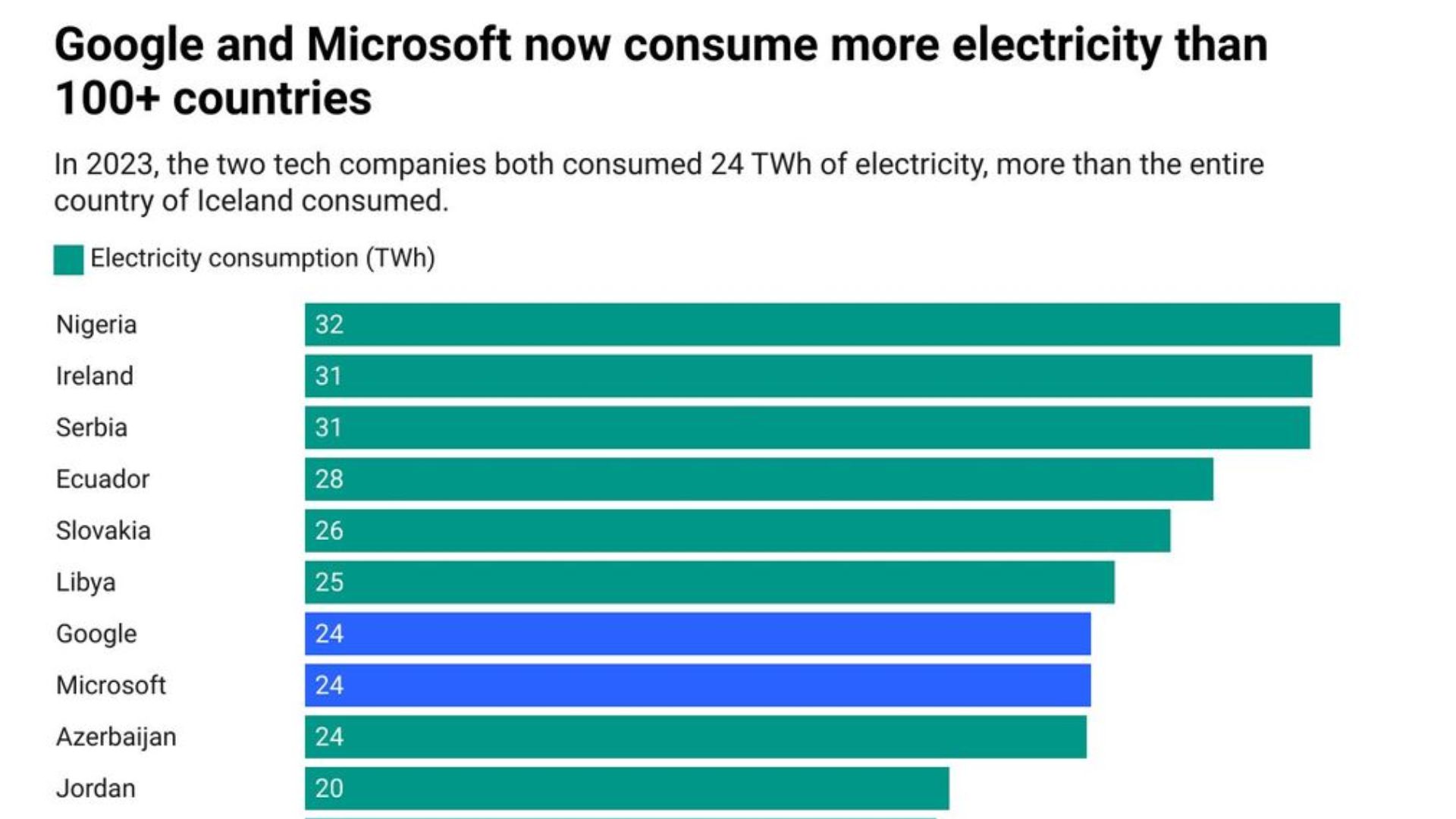What you need to know
- Microsoft and Lumen announced a partnership that expands Microsoft’s network capacity.
- The partnership should help Microsoft meet the growing demand for AI.
- Lumen will migrate to Microsoft Azure and use the Microsoft Cloud as part of the partnership.
- Microsoft and Lumen have a longstanding relationship that includes Lumen using Microsoft Copilot to reduce employee workloads and Lumen services integrating with Microsoft Teams.
Microsoft and Lumen, a global communications company, announced a partnership that should help Microsoft meet the growing demand for AI. Microsoft announced the partnership and outlined how it will expand network capacity.
The computing capabilities of datacenters port Microsoft Cloud. Tools like Azure OpenAI Service and Microsoft Copilot require quite a bit of computing power, so Microsoft needs to scale up its offering. The tech giant will use Lumen as a supplier for network infrastructure.
Microsoft Corporate Vice President of Azure Core Product and Design, Erin Chapple, said this of the partnership:
“AI is reshaping our daily lives and fundamentally changing how businesses operate. We are focused both on the impact and opportunity for customers relative to AI today, and a generation ahead when it comes to our network infrastructure. Lumen has the network infrastructure and the digital capabilities needed to help support Azure’s mission in creating reliable and scalable platform that supports the breadth of customer workloads—from general purpose and mission-critical, to cloud-native, high-performance computing, and AI, plus what’s on the horizon. Our work with Lumen is emblematic of our investments in our own cloud infrastructure, which delivers for today and for the long term to empower every person and every organization on the planet to achieve more.”
Lumen has a Private Connectivity Fabric, which is a custom network that provides dedicated access to fiber within the company’s network as well as the installation of new fiber. The Private Connectivity Fabric also includes the use of Lumen’s digital services.
The partnership will also see Lumen migrate its workloads to Microsoft Azure and use Microsoft Entra solutions. Microsoft explained that the partnership will “improve Lumen’s cash flow by more than $20 million” in the coming year.
“Azure’s advanced global infrastructure helps customers and partners quickly adapt to changing economic conditions, accelerate technology innovation, and transform their business with AI,” said Chapple. “We are committed to partnering with Lumen to help deliver on their transformation goals, reimagine cloud connectivity and AI synergies, drive business growth, and help customers achieve more.”
Microsoft and Luman have a longstanding partnership that includes the latter using Microsoft Copilot to automate tasks with the aim of reducing employee workloads. That relationship is now expected to continue for multiple years.
AI’s high power demand
AI is all the rage in 2024, but the technology drives a high demand for power, both computing and electrical. The new partnership between Microsoft and Lumen helps increase capacity on the networking side of things, but there is also a growing demand for electricity. Microsoft and Google now consume more power than over 100 countries. AI usage requires roughly one water bottle worth of water for cooling per query to tools such as ChatGPT.
Elon Musk warns that there may not be enough power for AI by 2025. OpenAI founder and CEO Sam Altman suggests nuclear fusion as a solution to the growing power demands of AI.
The skyrocket in demand for AI tools has left several industries rushing to meet demand. Lumen and Microsoft’s partnership should help meet networking demands. Now, tech giants need to coordinate efforts to have enough power to handle all of the AI features that will be used in the future.






